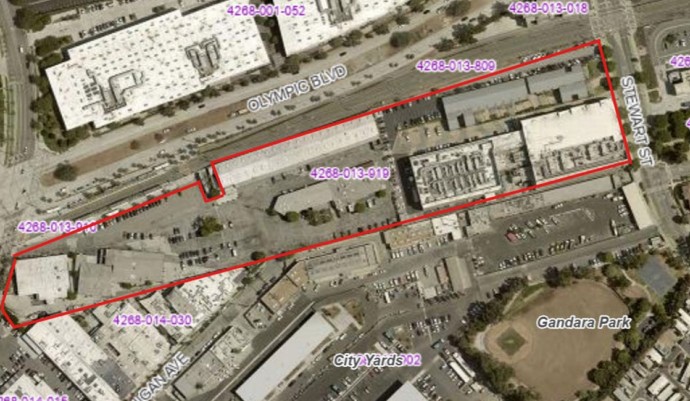In California, employers must provide workers’ compensation for employees from the moment they are hired. This no-fault insurance provides both medical and monetary benefits in the event of an injury at work.
According to the Division of Workers’ Compensation (DWC), employers must follow the requirements set by workers’ comp. This includes having an active workers’ compensation insurance policy, posting relevant notices and information for employees to see, and promptly reporting any work-related employee injuries.
Coverage Requirements
California employers must have proper workers’ compensation coverage for all employees if they have one or more employees, even if any of those employees are part-time. This can be done through a private insurance company or with self-insurance certification.
Coverage Notices
In addition to having the right coverage, employers must display information about the workers’ compensation policy so that every employee can see it. This information must specify that the employer has workers’ comp coverage in compliance with California law and be displayed in English and Spanish.
It must also include information for employees so they know their rights and obligations. If you work for a company that does not display this notice, they may be subject to criminal charges.
The notices posted at your job should detail how to obtain and submit relevant forms and what to do if you are injured at work. It should be clear on each of these notices what you should do and the steps you should take if you are hurt at work.
Injury Reporting Requirements
Your employer is also required to report an injury you sustain at work that results in you losing time from your shift and needing medical treatment. If they neglect to do so, you should contact a workers’ compensation attorney in Los Angeles.
Reasons to Contact an Attorney About Workers’ Comp
Workers’ compensation is provided as an alternative to filing personal injury lawsuits. However, you may need to retain an attorney if your employer doesn’t report your injuries or refuses to pay.
In other circumstances, you may have trouble receiving the disability benefits you are entitled to get as an employee, or the company is taking its time paying you those benefits. Some employers will even stoop so low as to fire you after you’ve been injured on the job.
You could be in a scenario where your employer’s doctor says you’re ready to go back to work, and you’re not fully comfortable with it. You may not be capable of performing your full work duties, and if your employer doesn’t offer you alternative work, you may not even realize you have rights.
While workplace injuries are more common in construction and industrial jobs, they can occur in any industry. You could suffer a work-related injury at a desk job. Most employers will abide by the regulations of workers’ compensation, but if yours doesn’t, now you know that you can seek justice.























